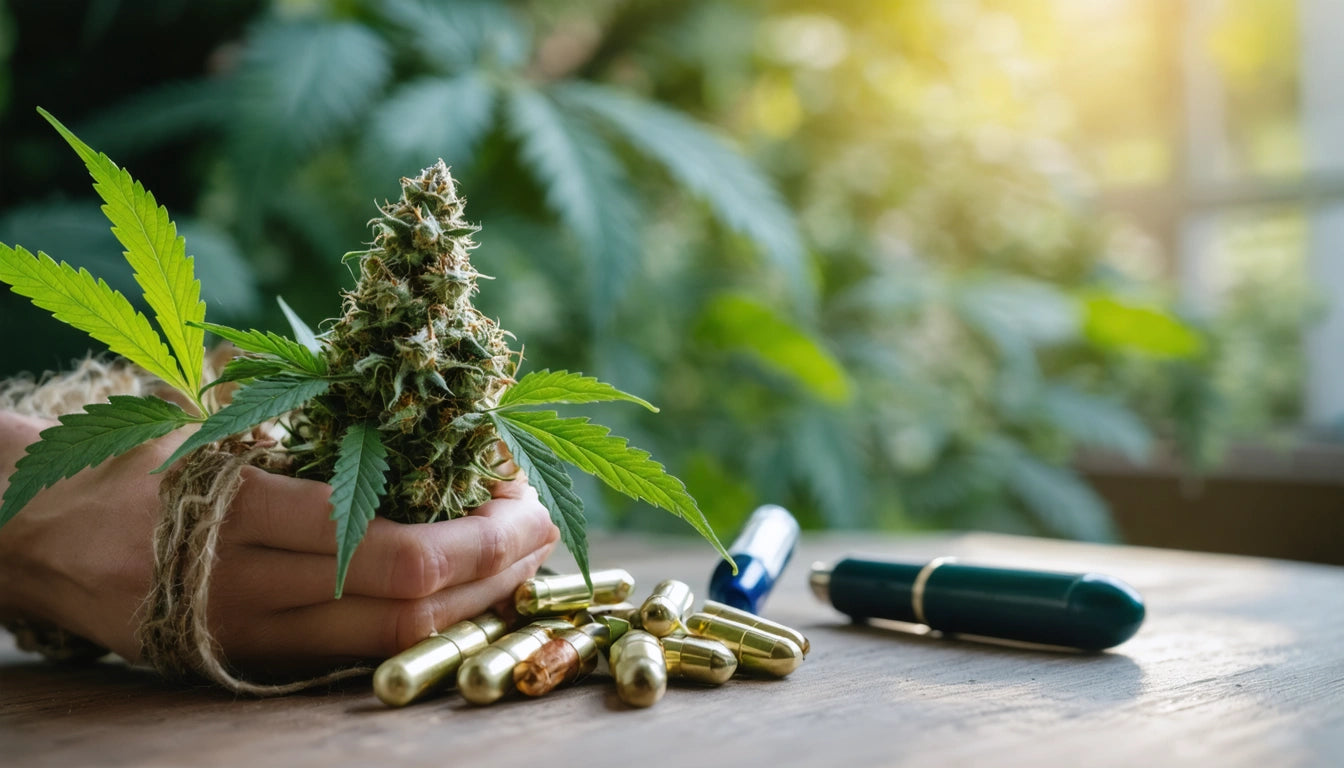Table of Contents
Can Nurses Legally Use Cannabis Across Different States?
The intersection of nursing careers and cannabis use presents a complex legal and professional landscape. As more states legalize recreational and medical marijuana, nurses increasingly question whether they can partake without risking their licenses or employment. The answer varies significantly by state, employer policies, and the distinction between on-duty and off-duty conduct.
Legal Landscape for Nurses and Cannabis Use
Nurses operate under multiple layers of regulation. While a state may have legalized cannabis, federal law still classifies it as a Schedule I controlled substance. This creates a fundamental conflict for healthcare professionals who must navigate both state permissions and federal prohibitions.
Similar to law enforcement and legal professionals, nurses work in positions of public trust and safety. However, unlike those professions, nurses directly administer medications and provide critical care, making impairment concerns particularly significant.
State-Specific Regulations for Nurses Using Cannabis
Nurse Cannabis Use in Progressive States
In states with established cannabis programs, the rules for nurses vary:
- Colorado: Can nurses smoke weed in Colorado? While recreational use is legal for adults, many healthcare employers maintain zero-tolerance policies. The Colorado Board of Nursing evaluates cannabis-related issues case by case.
- Washington State: Can nurses smoke weed in Washington state? The law doesn't explicitly prohibit off-duty use, but employers can still enforce drug-free workplace policies.
- Arizona: Can nurses smoke weed in Arizona? The Arizona Nurses Association acknowledges that the state's medical marijuana act provides some protections, but employers can restrict use if it affects patient safety.
Emerging Cannabis Markets and Nursing
In states with newer cannabis programs, regulations are still evolving:
- New Jersey: Can nurses smoke weed in NJ? The state prohibits employers from taking adverse actions solely based on cannabis use outside work hours, but healthcare facilities may claim safety-sensitive exemptions.
- Virginia: Can nurses smoke weed in Virginia? Medical use is protected in some circumstances, but recreational use, while decriminalized, offers fewer workplace protections.
- Ohio: Can nurses smoke weed in Ohio? The medical program provides limited employment protections, but healthcare employers can still enforce drug-free policies for patient safety reasons.
Medical Marijuana Considerations for Healthcare Professionals
For nurses with qualifying conditions, the question becomes more nuanced: can nurses use medical marijuana? Some states provide stronger protections for medical users than recreational users, but these protections rarely extend to on-duty impairment or possession at work.
According to this state-by-state overview of medical marijuana laws, some jurisdictions have begun including anti-discrimination provisions for registered patients. However, these provisions typically include exceptions for safety-sensitive positions.
When storing medical cannabis, many healthcare professionals choose discreet, compliant packaging solutions like airtight storage containers that prevent odor transfer and maintain product integrity, especially important for maintaining professionalism and discretion.
Workplace Policies and Drug Testing
Healthcare facilities typically maintain drug-free workplace policies regardless of state law. Employer drug testing for marijuana remains legal in all states, though some have placed restrictions on when and how testing can occur.
Nurses should understand that:
- Most hospitals receive federal funding and must comply with federal drug-free workplace requirements
- Many facilities conduct pre-employment, random, reasonable suspicion, and post-accident testing
- Testing positive can trigger reporting to the state board of nursing
- Some facilities distinguish between on-duty impairment and off-duty use
Nursing Boards' Positions on Cannabis Use
State nursing boards vary in their approach to cannabis use among licensees. Most boards focus on impairment rather than use itself, but positive drug tests can trigger investigations and potential disciplinary actions.
The National Council of State Boards of Nursing (NCSBN) has published guidelines that generally advise:
- Nurses should not practice while under the influence of any substance that impairs performance
- Boards should evaluate cannabis-related matters on a case-by-case basis
- Participation in substance use monitoring programs may be required
This stance mirrors approaches to other substances that may affect performance, focusing on patient safety as the paramount concern.
Navigating Professional Requirements While Using Cannabis
For nurses considering cannabis use in legal states, several practical considerations can help minimize professional risk:
- Thoroughly research both state law and employer policies
- Consider whether medical registration provides additional protections
- Understand that federal prohibition still applies nationwide
- Recognize that high-responsibility professions face greater scrutiny
- Be aware that crossing state lines with cannabis remains federally illegal
- Consider alternative therapies if cannabis use could jeopardize your license
The legal landscape continues to evolve, with more states considering workplace protections for legal cannabis users. However, healthcare professionals will likely continue facing stricter standards due to patient safety concerns and federal regulations.
As the medical community's understanding of cannabis develops and more research emerges on impairment timeframes and testing limitations, policies may eventually become more nuanced. Until then, nurses must carefully weigh personal choices against professional requirements in this rapidly changing regulatory environment.











Leave a comment
All comments are moderated before being published.
This site is protected by hCaptcha and the hCaptcha Privacy Policy and Terms of Service apply.